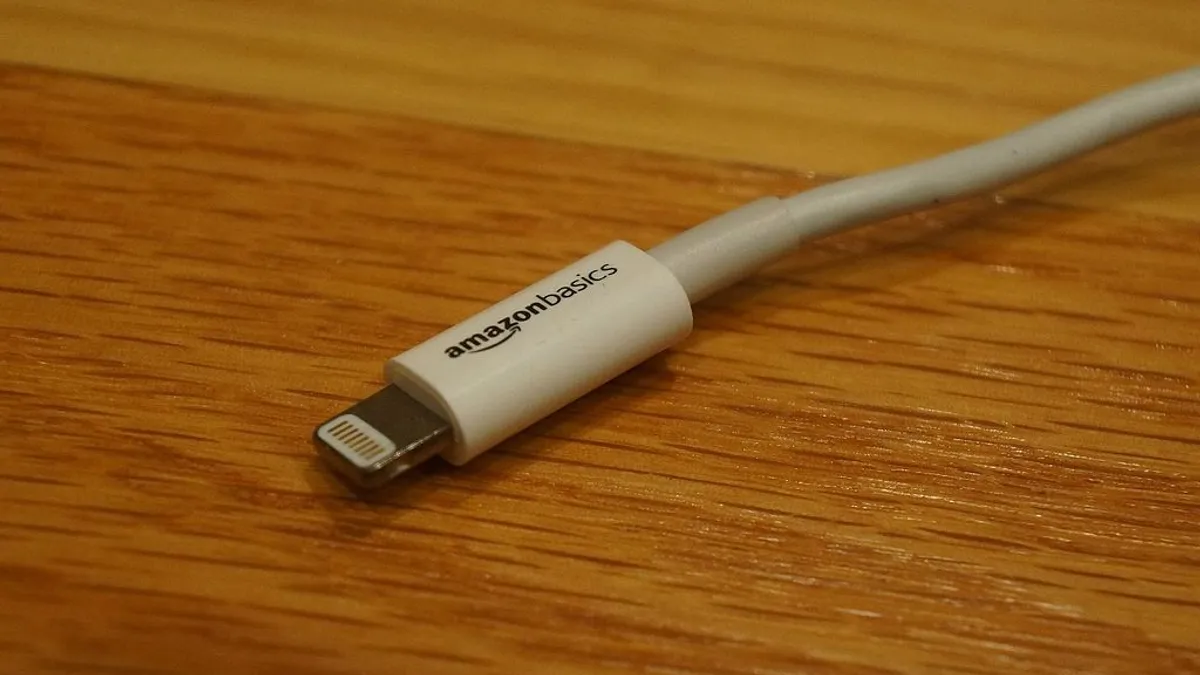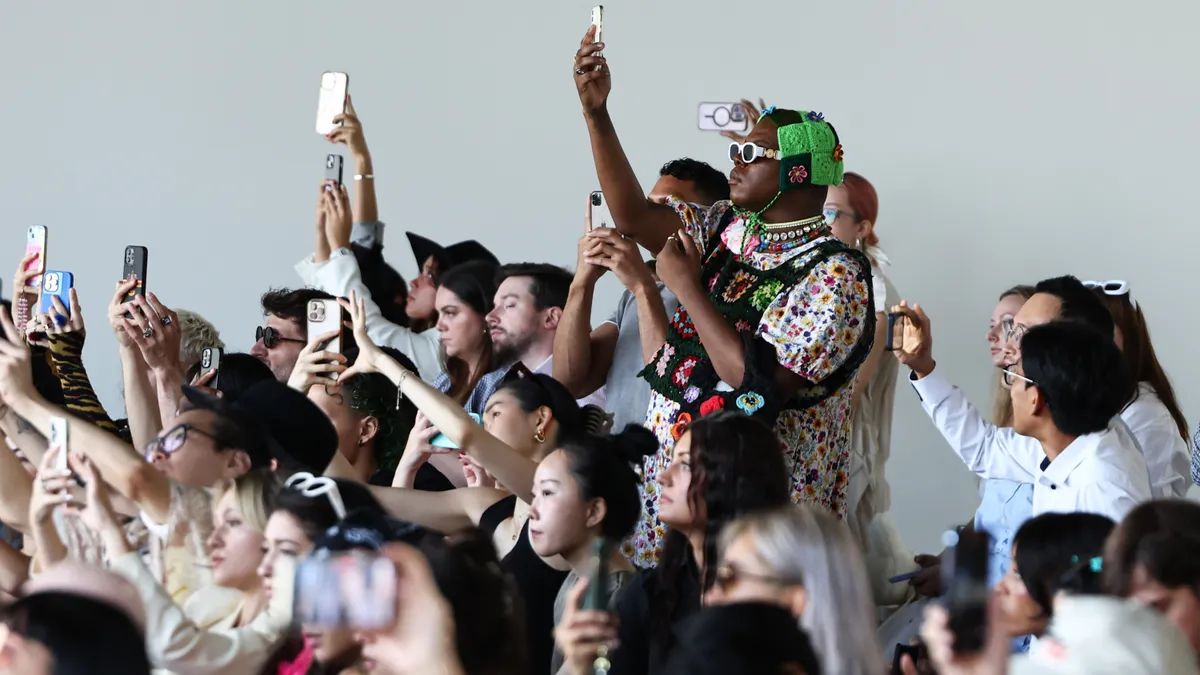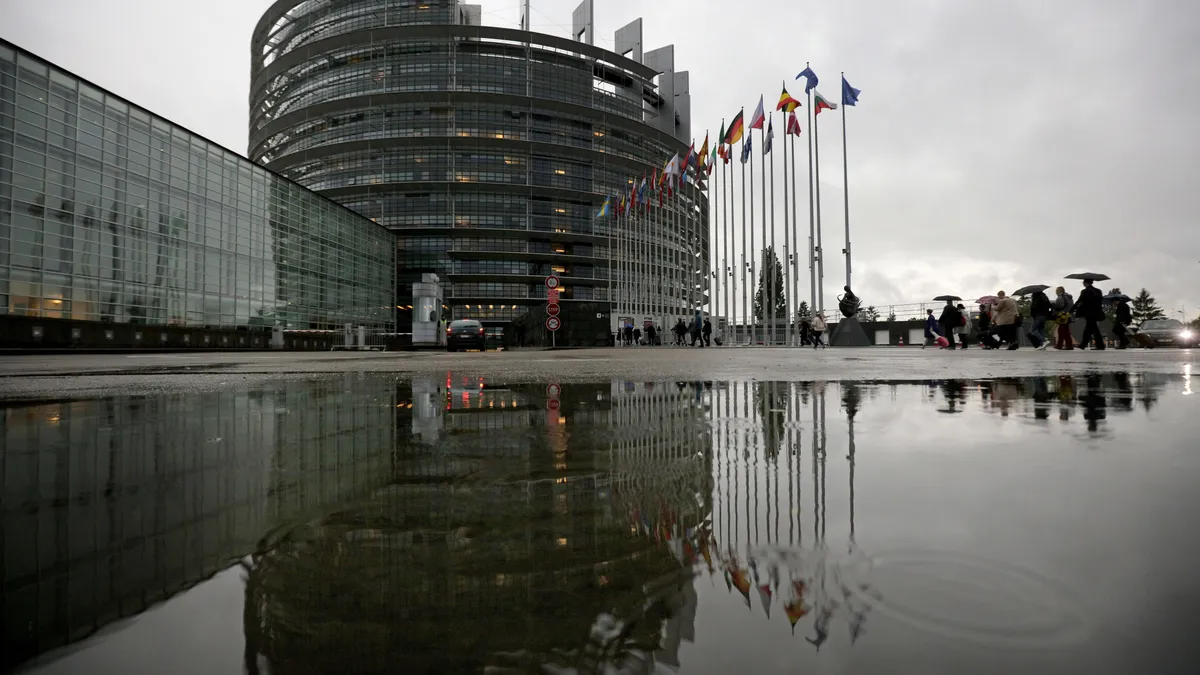Dive Brief:
- Amazon confirmed on Friday it plans to streamline the number of private brands it offers. The retailer also said it plans to rebrand some popular items under existing brands like Amazon Basics and Amazon Essentials.
- Over the last year, the retailer moved to cut all but three of its 30 clothing brands. It's dropping its private label Rivet and Stone & Beam furniture brands, according to the The Wall Street Journal.
- The e-commerce retailer began pulling back on some of its private labels last year but said at that time that it “never seriously considered closing” its private label business and would “continue to invest” in the area, our sister publication Retail Dive reported. At that time Amazon reportedly was reducing private label items and not reordering amid disappointing sales and antitrust scrutiny.
Dive Insight:
Amazon has cut its overall number of private label brands to less than 20, The WSJ reported Thursday.
According to information disclosed in a 2019 legal proceeding, Amazon offered about 158,000 private brand products through 45 brands in its store, in addition to private label products sold by Amazon Fresh, the company’s e-commerce grocery store.
“We always make decisions based on what our customers want, and we’ve learned that customers seek out our biggest brands – like Amazon Basics and Amazon Essentials – for great value with high-quality products at great price points,” Matt Taddy, vice president of Amazon Private Brands, said in a statement to sister publication Retail Dive.
“We’re thoughtful about our private brand selection, and if there are products that aren’t resonating with customers we deprecate those items and look for other opportunities to better meet their needs,” Taddy said.
Amazon has long leveraged brand data to develop products. By using this data, the company developed brands that resonate with consumers that can also be sold at a lower price point, thus giving Amazon a competitive edge.
But this strategy has brought criticism that Amazon was using third-party data to shape business decisions and steer customers to its in-house brands. The company told CNBC last year that it does not use private data about individual sellers to determine which private brand products are launched.
Research data indicates that Amazon has a smaller private label market share than many of its rivals. Although Amazon has a higher private label share among its home goods and consumer electronics, the retailer posts a private label share of 3% in the household, health and beauty and grocery sectors, according to a 2022 report by Numerator.
Chief Financial Officer Brian Olsavsky said during an earnings call earlier this month that while macroeconomic indicators are improving across the company’s North American and international segments, customers are continuing to trade down to seek value in purchases.












